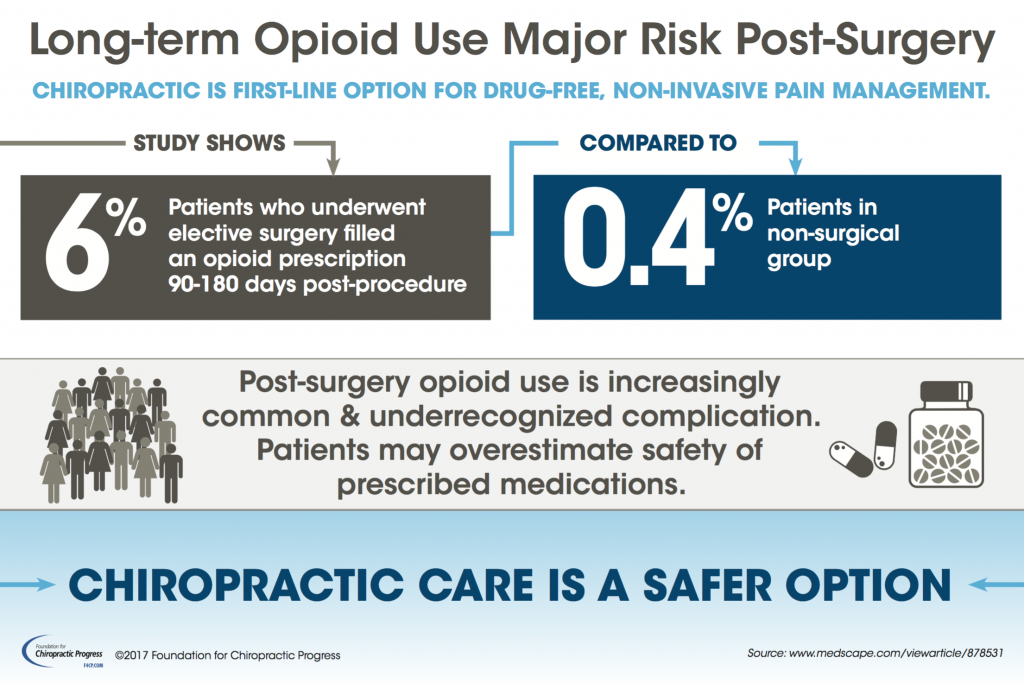The Impact Of Diet On Neck And Back Pain Management: Foods To Integrate And Foods To Exclude
The Impact Of Diet On Neck And Back Pain Management: Foods To Integrate And Foods To Exclude
Blog Article
Web Content Created By-Russo Guldborg
When it pertains to managing your back pain, the food options you make can substantially impact how you really feel every day. Imagine being able to relieve your discomfort just by adjusting what you consume. By understanding the function of nutrition in neck and back pain monitoring and understanding which foods to integrate or steer clear of, you can take proactive steps in the direction of a much healthier and extra comfy way of life. The connection between nourishment and back health is much more profound than you may understand-- let's check out how certain foods can either soothe or exacerbate your pain in the back.
Relevance of Nourishment in Pain In The Back
Nutrition plays a crucial role in handling neck and back pain. Your diet plan can significantly affect inflammation levels and total pain degrees in your back. Taking in a balanced diet plan abundant in nutrients like vitamins D and K, calcium, magnesium, and omega-3 fatty acids can help reduce inflammation and strengthen bones, which are necessary for back health.
Additionally, preserving a healthy and balanced weight with correct nourishment can minimize tension on your spine, lowering the danger of neck and back pain.
Additionally, certain nutrients like anti-oxidants found in vegetables and fruits can aid combat oxidative anxiety and advertise healing in the body, including the back muscle mass and spine.
On the other hand, taking in excessive quantities of processed foods, sweet beverages, and undesirable fats can contribute to inflammation and weight gain, intensifying neck and back pain.
Foods to Consume for Back Health
To sustain a healthy and balanced back, integrating nutrient-rich foods right into your day-to-day meals is essential. Including pain in back in anti-oxidants like berries, spinach, and kale can help in reducing swelling in your back, reducing discomfort and pain. Omega-3 fatty acids found in fatty fish such as salmon and mackerel have anti-inflammatory buildings that can profit your back health.
Additionally, eating nuts and seeds like almonds, walnuts, and chia seeds gives vital nutrients like magnesium and vitamin E, which support muscle mass feature and lower oxidative stress. Including lean proteins such as chicken, turkey, and tofu can assist in muscular tissue repair work and maintenance, promoting a strong back.
Don't neglect to include milk or strengthened plant-based options for calcium to sustain bone health and wellness. Lastly, moisturize with lots of water to keep your spinal discs moistened and functioning ideally. By including these nutrient-dense foods in your diet regimen, you can nurture your back and support overall spine health and wellness.
Foods to Avoid for Neck And Back Pain
Go with staying clear of refined foods high in added sugars and trans fats when seeking relief from pain in the back. These types of foods can contribute to inflammation in the body, which might intensify pain in the back. Say no to how to alleviate lower back pain , pastries, and sugary drinks, in addition to convenience food products like hamburgers, fries, and fried chicken that are usually packed with trans fats.
Additionally, avoid foods consisting of high degrees of polished carbs, such as white bread, pasta, and pastries, as they can surge blood glucose degrees and potentially aggravate inflammation in the body.
It's likewise important to limit your consumption of foods high in saturated fats, like red meat and full-fat dairy items, as they can contribute to inflammation. Refined foods like deli meats, chips, and packaged snacks are commonly high in saturated fats and must be consumed in moderation.
Verdict
In conclusion, paying attention to your diet regimen and making smart food choices can have a substantial effect on managing back pain. By including nutrient-rich foods like berries, fatty fish, nuts, and lean healthy proteins, and avoiding processed and sugary items, you can help reduce inflammation and support overall back health and wellness. Keep in back pain when walking , what you eat plays an important role in exactly how you really feel, so make certain to prioritize your nourishment for a much healthier back.
